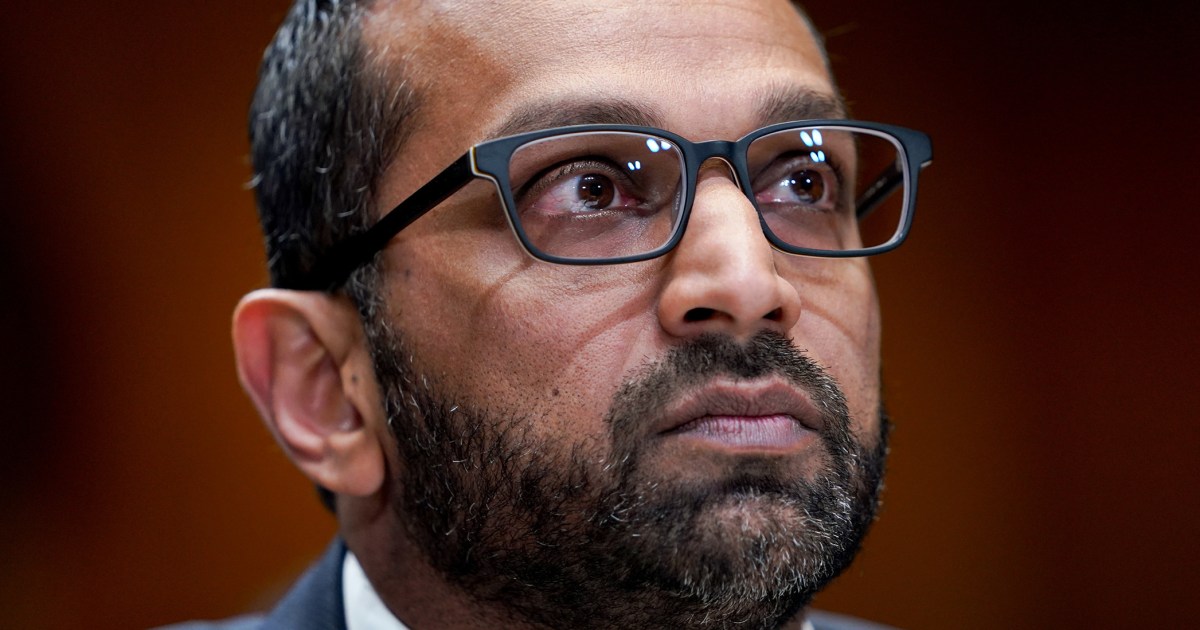Controversial Decision to Grant Visas to Cartel Family Members Sparks Debate on U.S.-Mexico Relations
#cartel #trump administration #border security #cooperation #mexican drug cartels

About the People Mentioned
Son of the former head of the Sinaloa
The son of the former head of the Sinaloa Cartel, Joaquín "El Chapo" Guzmán, is Ovidio Guzmán López. Born on March 29, 1990, Ovidio is a significant figure in the Sinaloa Cartel, often referred to as part of the Los Chapitos faction. This group is known for its involvement in drug trafficking and other illicit activities. Ovidio Guzmán López began his involvement in the drug trade at a young age. A U.S. grand jury indictment suggests that he started participating in his father's business around 2008. As El Chapo's sons, Ovidio and his siblings rose through the ranks following their father's arrest in 2017. They became key figures in the cartel, particularly in managing cocaine and fentanyl trafficking operations. The Sinaloa Cartel is one of the largest in Mexico, with significant influence along the U.S.-Mexico border. Notably, Ovidio Guzmán López was captured on January 5, 2023, and later extradited to the United States on September 15, 2023. In July 2025, he pleaded guilty to four charges related to international drug trafficking and engaging in a criminal enterprise. This marks a significant development in efforts by U.S. authorities to combat drug trafficking. Currently, Ovidio Guzmán López's case is of considerable interest due to his involvement in the Sinaloa Cartel and his recent legal proceedings. His activities have contributed to the ongoing dynamics of drug trafficking in Mexico and the U.S., highlighting the complexities of policing and legal action against major drug cartels. As a key figure in the Sinaloa Cartel, Ovidio's actions and legal status are closely monitored by international law enforcement agencies.
About the Organizations Mentioned
Sinaloa
The **Sinaloa Cartel** is a powerful transnational organized crime syndicate based in Culiacán, Sinaloa, Mexico, primarily engaged in illegal drug trafficking, money laundering, and related criminal enterprises. Founded in the late 1960s by Pedro Avilés Pérez, it initially specialized in smuggling marijuana into the United States using pioneering techniques such as aircraft transport. Over time, the cartel evolved into one of the largest and most violent drug trafficking organizations worldwide, controlling significant drug routes across Mexico and internationally[1]. The cartel's operations include transporting cocaine from South America and producing methamphetamine and fentanyl in clandestine labs. It also generates revenue through extortion, taxation of smaller criminal groups, human trafficking, and other illicit activities. The Sinaloa Cartel exerts influence across western Mexico, including key states such as Sinaloa, Sonora, Durango, and Chihuahua, and maintains global connections, notably sourcing precursor chemicals from China[2][3]. Its organizational structure is decentralized with multiple factions, especially after the 2017 arrest of Joaquín "El Chapo" Guzmán, a notorious leader. Currently, factions led by "El Mayo" Zambada, Rafael Caro Quintero, El Chapo’s sons (Los Chapitos), and others compete internally, causing violent conflicts and instability in the region[3]. The cartel is infamous for employing extreme violence, corruption, bribery, and sophisticated communications technology to maintain control and expand its operations. It has deeply infiltrated Mexican political and security institutions, exemplified by the arrest of former Mexican security chief Genaro Garcia Luna for accepting bribes from the cartel[2][4]. The cartel's violent tactics were dramatically displayed during the 2019 and 2023 "Culiacanazos," where armed attacks disrupted entire cities to secure the release of captured leaders[4]. In recent years, the U.S. government has intensified efforts against the cartel, desig


















